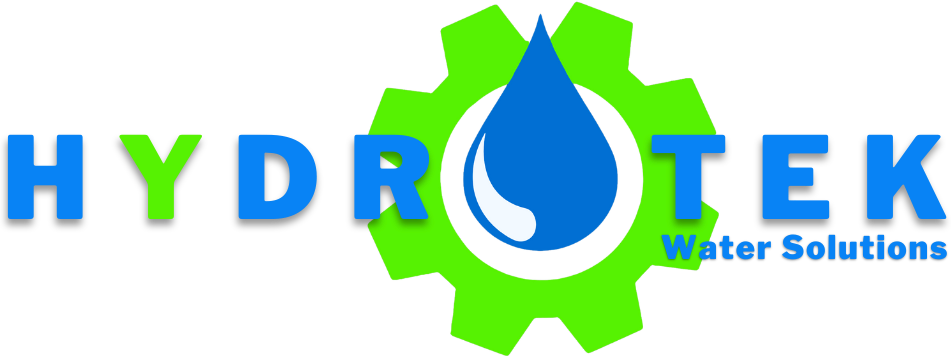
Hydrotek Water Solutions
We care for your water, We care for your family
Contact us with any questions:
602-666-1614
Hydrotek Water Solutions
Request a Free in home water analysis
602-666-1614
Residential Water Treatment Systems
Hydrotek Water Solutions offers four styles of water treatment systems to fit your needs at home. Including water softeners, water filtration systems, no salt water filtration systems, and systems that can help water problems by eliminating iron, sulfur, etc.
WATER QUALITY SURVEY
Please feel free to fill out a short survey so we can better serve you. We will contact you within 24 to 48 hours.
WATER KNOWLEDGE:
As population increases, public or city water can become more polluted, and the treatment and recycling process can become more challenging. There are several factors contributing to this:
Increased Wastewater Volume: More people produce more wastewater, including domestic, industrial, and agricultural runoff. The volume of water that needs to be treated increases, placing a greater burden on water treatment facilities.
Chemical and Microplastic Contamination: As population density grows, pollutants like pharmaceuticals, personal care products, chemicals, and microplastics find their way into the water supply. These contaminants can be difficult and costly to remove during treatment.
Aging Infrastructure: Many cities have aging water infrastructure, which struggles to keep up with modern water treatment demands. Old pipes can leach contaminants into the water, and outdated treatment plants may not be equipped to remove newer pollutants.
Increased Agricultural Runoff: Growing populations often lead to more intensive agriculture, which can result in more fertilizer and pesticide runoff into rivers, lakes, and groundwater supplies.
Stormwater and Urban Runoff: More urbanization means more impermeable surfaces like roads and parking lots. This leads to increased stormwater runoff, which carries pollutants like oil, heavy metals, and other contaminants into the water system.
Climate Change: With climate change, extreme weather events like floods or droughts are more common, affecting water quality. Droughts can concentrate pollutants in water supplies, while floods can overwhelm treatment systems and spread contaminants.
To meet these challenges, cities must invest in more advanced water treatment technologies, expand infrastructure, and implement better water management practices. Public awareness and responsible water use are also critical for reducing the overall pollution burden.

